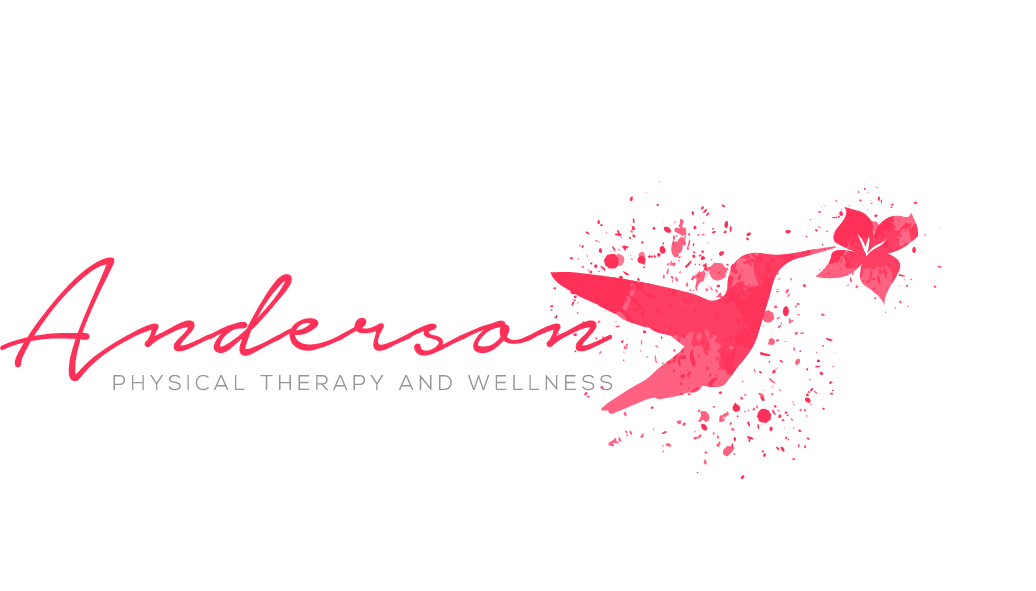How can physical therapy help?
TMJ Disorder
Do you experience difficulty to chew or yawn due to pain? Do your jaws click or lock? Do you suffer from headaches, neck pain, ringing or stuffiness in the ears? If you answered yes to any of these questions, the problem source might be from the temporo-mandibular joint, better known as TMJ or TMD (temporo-mandibular disorder). These symptoms should not be ignored or left undiagnosed. Often TMJ is left untreated which leads to severe pain and significantly limited function with eating, talking, and other common functions. Come by our office in Denver, and start your road to recovery!
Check out our other specialties here.
What is the TM joint (TMJ)?
The temporomandibular joint (TMJ) acts like a sliding hinge, connecting your jawbone to your skull. You have one joint on each side of your jaw. TMJ disorders — a type of temporomandibular disorder or TMD — can cause pain in your jaw joint and in the muscles that control jaw movement.
The exact cause of a person's TMJ disorder is often difficult to determine. Your pain may be due to a combination of factors, such as genetics, arthritis or jaw injury. Some people who have jaw pain also tend to clench or grind their teeth (bruxism), although many people habitually clench or grind their teeth and never develop TMJ disorders.
Common Causes of TMD
The TMJ combines a hinge action with sliding motions. The parts of the bones that interact in the joint are covered with cartilage and are separated by a small shock-absorbing disk, which normally keeps the movement smooth.
Painful TMJ disorders can occur if:
The disk erodes or moves out of its proper alignment
The joint's cartilage is damaged by arthritis
The joint is damaged by a blow or other impact
Symptoms
Symptoms Signs and symptoms of TMJ disorders may include:
Pain or tenderness of your jaw
Pain in one or both of the temporomandibular joints
Aching pain in and around your ear
Difficulty chewing or pain while chewing
Aching facial pain
Locking of the joint, making it difficult to open or close your mouth
TMJ disorders can also cause a clicking sound or grating sensation when you open your mouth or chew. But if there's no pain or limitation of movement associated with your jaw clicking, you probably don't need treatment for a TMJ disorder.
Risk Factors
Factors that may increase the risk of developing TMJ disorders include:
Various types of arthritis, such as rheumatoid arthritis and osteoarthritis
Jaw injury
Long-term (chronic) grinding or clenching of teeth
Certain connective tissue diseases that cause problems that may affect the temporomandibular joint
Headaches and TMJ
Muscle stiffness in the neck and shoulders—now quite common with those who work at a computer all day—can refer pain and tension to the muscles in your face. This causes headaches common with TMD, but also can unknowingly force the jaw muscles to contract both during the day and at night. Constant muscle contraction will eventually force the jawbone and joints out of proper alignment, which is what causes the clicking, "catch," or even locked jaw commonly associated with TMD.
Physical Therapy is great treatment option for TMJ
Manual physical therapy includes hands on techniques to improve joint motion and reduce muscle stiffness, trigger points around the jaw to alleviate stress on the disk and joint. These mobilizations are used to help the disk move in a normal way, decrease pain, and increase motion.
Specific manual therapy procedures are designed to help reduce a “lock” of the jaw due to a displaced disk. Specific exercises are then prescribed to control and restore motion at the jaw and help re-educate the muscles surrounding the joint.
Soft tissue mobilization techniques are hands on techniques that are focused at the muscles around the jaw to reduce the trigger points and tenderness. Eventually, over time, the joints around your jaw will re-learn its proper motion, and the pain and discomfort associated with TMD will dramatically decrease or completely disappear.
Trigger Point Dry Needling (TDN)
Trigger Point Dry Needling therapy is another treatment offered by physical therapists that has been shown to be effective in treating these trigger points. TDN can target very specific muscles in your jaw that are contracting and causing your jaw to misalign—and often cause headaches. If effective, TDN will release the muscle spasm and your jaw will immediately return to a relaxed state.
A thorough examination of your posture, upper neck and shoulder girdle is imperative to proper treatment of the TMJ due to the significant influence these areas have on the joint.
Need more info or ready to get started?
SEND US A MESSAGE BELOW, AND WE’LL BE IN TOUCH
